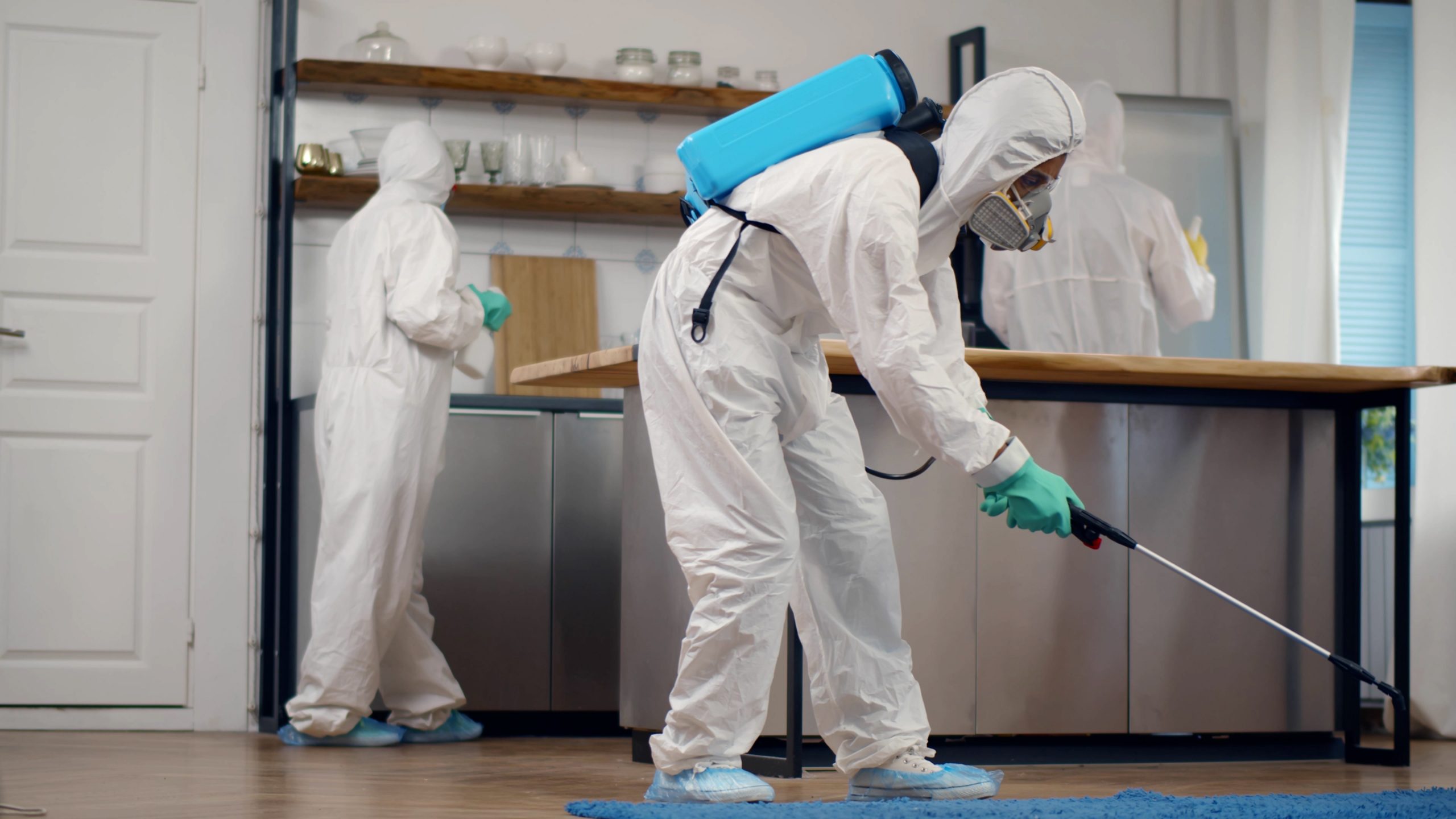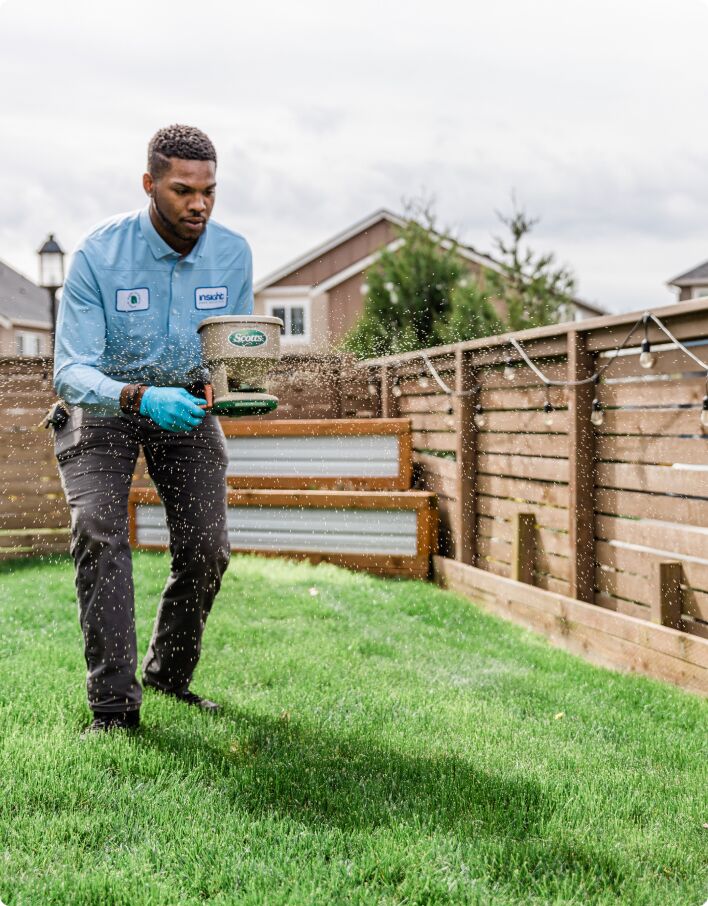Guard Your Building from Intruders: Orem Pest Control That Functions
Guard Your Building from Intruders: Orem Pest Control That Functions
Blog Article
Uncovering the Various Kinds Of Pest Control Techniques and Their Applications
Insect control is a critical aspect of maintaining a safe and healthy atmosphere, whether it be in property, business, or agricultural settings. Different strategies have actually been created and refined throughout the years to properly manage and reduce pest invasions. From chemical methods that target details parasites to biological techniques that harness all-natural killers, the realm of insect control is varied and huge. Understanding the different kinds of insect control techniques and their applications is important for implementing one of the most suitable and lasting remedies. Allow's explore the details of these approaches and just how they can be properly made use of to resolve pest-related challenges.
Chemical Pest Control Methods
Chemical parasite control strategies are widely used in farming and insect administration to efficiently remove or regulate pest problems. These methods include the usage of chemical substances, such as pesticides, herbicides, and insecticides, to minimize or get rid of bug populaces that posture a risk to plants, animals, or human health.
While chemical pest control techniques can be very effective in managing parasite populations, they additionally increase problems about prospective environmental and wellness risks. It is necessary to follow safety and security standards, utilize integrated pest administration strategies, and consider different approaches to reduce the unfavorable influences of chemical bug control methods.
Biological Parasite Control Approaches
 Biological insect control techniques use living microorganisms to take care of and minimize insect populaces in a lasting and environmentally pleasant manner. One usual technique is the release of ladybugs to deal with aphids in gardens, as ladybugs are natural predators of these damaging insects.
Biological insect control techniques use living microorganisms to take care of and minimize insect populaces in a lasting and environmentally pleasant manner. One usual technique is the release of ladybugs to deal with aphids in gardens, as ladybugs are natural predators of these damaging insects.
Biological pest control approaches provide several advantages over chemical techniques. They are normally more secure for the environment, as they do not leave dangerous residues or add to air pollution. Furthermore, these approaches are typically much more targeted, influencing only the insect species without hurting helpful insects or various other microorganisms. Additionally, biological control can be a long-term remedy, as the introduced organisms can establish sustainable populations and give ongoing insect administration. Generally, organic parasite control methods present a reliable and all-natural alternative to typical chemical treatments, promoting a well balanced ecosystem and healthier settings.
Physical Bug Control Approaches
Using physical techniques to control bugs involves using non-chemical or mechanical means to manage and minimize pest invasions properly. These techniques rely upon physical obstacles, catches, and other methods to hinder and remove insects without making use of unsafe chemicals. One usual physical insect control method is the installation of webs, screens, or fencings to block insects from going into specific explanation areas. This technique is particularly reliable in shutting out insects and small animals from gardens or structures.
An additional physical method is using traps, such as snap catches for rodents or pheromone catches for insects. These traps objective to record parasites without posing any kind of risk to human beings or the setting. Additionally, physical control approaches can include strategies like handpicking pests off plants, using vacuum gadgets to eliminate insects, or using warm treatments to eliminate bed bugs and various other pests in ravaged areas.
Integrated Bug Management Methods
Implementing an all natural approach to pest management, Integrated Pest Management (IPM) approaches aim to incorporate various reliable strategies to manage and stop insect infestations while decreasing environmental influence and making certain lasting pest control practices. IPM entails the assimilation of several control techniques such as biological control, social practices, mechanical control, and the cautious use chemicals.

Furthermore, IPM emphasizes the relevance of monitoring and examining pest populations to establish the most ideal control techniques. By applying IPM approaches, pest control initiatives become extra targeted and efficient, decreasing the threats connected with extreme pesticide use and this website promoting long-term pest administration services.
All-natural and Organic Insect Control Options

One popular natural insect control method is neem oil, originated from the seeds of the neem tree, which functions as a repellent and disrupts the growth and growth of insects. Diatomaceous planet, a natural silica-based powder, is an additional effective natural pest control alternative that functions by drying out pests upon get in touch with. By including natural and all-natural parasite control choices right into pest administration strategies, individuals can effectively manage bugs while minimizing harm to the atmosphere and advertising lasting practices.
Final Thought
Finally, various insect control strategies such as chemical, biological, physical, integrated parasite management, and natural alternatives are offered for efficiently managing bug infestations. Each approach has its own company website benefits and applications depending upon the kind of parasite and the environment. By comprehending the various kinds of parasite control methods and their applications, people can make enlightened decisions on one of the most appropriate strategy to control bugs and protect their building.
Chemical insect control strategies are widely used in agriculture and bug management to effectively remove or control pest infestations - Orem Pest Control. All-natural bug control methods include using organic control representatives, such as bloodsuckers or predators, to handle parasite populaces. By incorporating natural and natural bug control alternatives into insect monitoring approaches, people can effectively control insects while reducing harm to the atmosphere and promoting sustainable practices
In conclusion, various pest control techniques such as chemical, biological, physical, integrated parasite administration, and all-natural choices are offered for properly managing bug problems. By comprehending the different kinds of insect control techniques and their applications, people can make informed decisions on the most appropriate technique to control bugs and protect their residential property.
Report this page